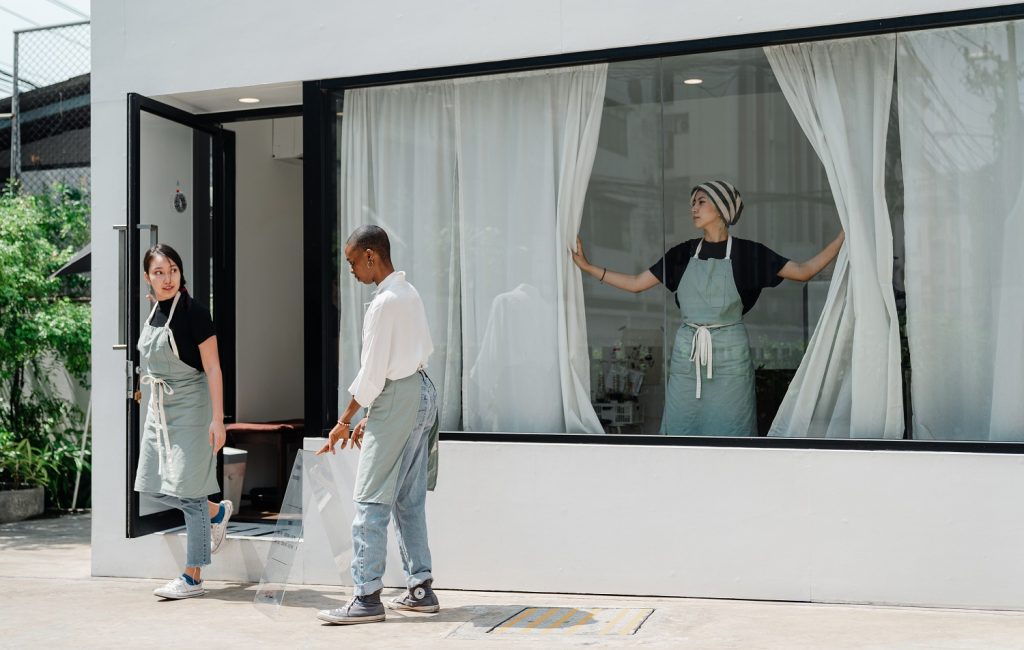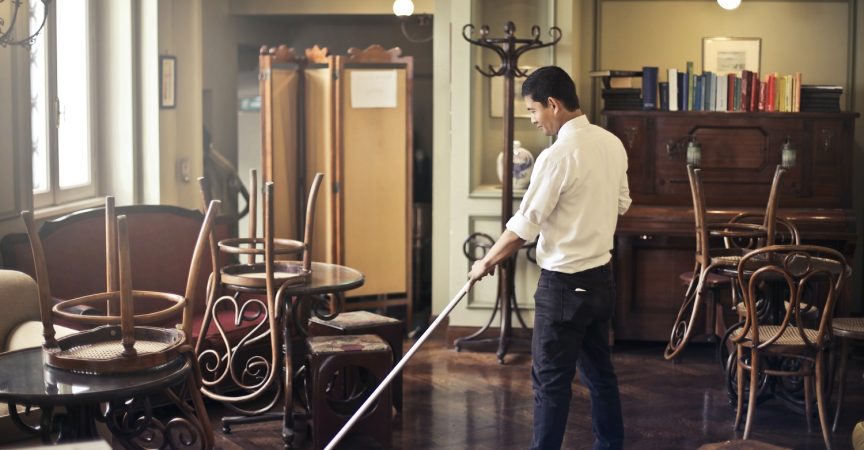Rapid Recovery Series: Session #2 – Opening Your Doors to a Safer Future
As operators prepare to reopen with confidence, ensuring the health and safety of guests and staff alike is essential. In Session #2 of the Rapid Recovery Series ‘Opening Your Doors to a Safer Future’ presented by Diversey, our panel of experts provided best practices and procedures for a secure reopening.
Jim Gauthier, Senior Clinical Advisory Infection Prevention for Diversey spoke to cleaning, disinfection as well as hand hygiene as it pertains to preventing and managing COVID-19.
Bringing this series to life in MENU, we’re providing some of the key takeaways, top highlights, and actionable insights from all 10 of the sessions of the Rapid Recovery Series. This article is #2 of 10 sessions that will be released throughout the month of July.
While MENU has put together this digestible view of each session, you can find recordings for all sessions as well as the Rapid Recovery Guide here.
Here are some of the biggest highlights and takeaways from Session #2:
- According to van Doremalen, 2020, COVID-19 can last on the following surfaces for the specified times:
- Plastic, stainless steel: 3 days
- Cardboard: 24 hours
- Copper: 4 hours
- However, transfer has not been tested
- Some of the most essential prevention methods include proper hand hygiene, using hand sanitizer, and cleaning and disinfecting most-used items
- Non-food contact sanitizers will kill 99.9% (3 log) of bacteria within 5 minutes, to get this claim
- Food contact sanitizers must kill 99.999% (5 log) bacteria within 30 seconds.
- Disinfectants kill 4 – 6 log10 organisms
- Viruses 4 log (99.99%)
- Bacteria 6 log (99.9999%)
- Ensure you are using the approved sanitizer and following directions as indicated on the product (https://www.canada.ca/en/health-canada/services/drugs-health-products/disinfectants/covid-19/list.html)

Aside from keeping your space safe, workplaces need to take action to keep staff safe. This goes beyond cleaning and includes awareness, conversation, and recognition. Jack Minacs, Senior Account Manager at Workplace Safety and Prevention Services detailed their hazard management process, using the acronym RACE (Recognize, Assess, Control, Evaluate).
- Recognize: Recognize how people can come into contact with COVID-19 during work and take steps to minimize contact
- Assess: Assess the hazard for level of risk
- Control: Controlling exposure to the risk by controlling who comes into your workplace and how they interact with employees, sanitizing and hygiene measures as well as physical distancing measures, health screening and PPE
- Evaluate: Look at preventive measures on an ongoing basis and adjust as needed
Lastly, the session featured Valli Akella Director, Food Safety, Quality and Brand Standards and Domenic Pedulla, President of Canadian Food Safety Group. The CFSG team discussed the proper usage of PPE and how it relates to food preparation and serving.
Here’s a few quick tips to take away:
- Wash hands before/after wearing gloves
- Ensure a snug fit for gloves
- Do not reuse disposable gloves
- Masks and gloves should not be damaged
- Change mask frequently
- Mask should fit around the nose
- Training is key when it comes to keeping all safe in your establishment.
For more information, check out this article on Health and Safety Protocols and Procedures for Reopening here and download the Rapid Recovery Guide here.
See the first article of the Rapid Recovery Series: Session #1 – COVID-19 Impact and Industry Outlook here.









